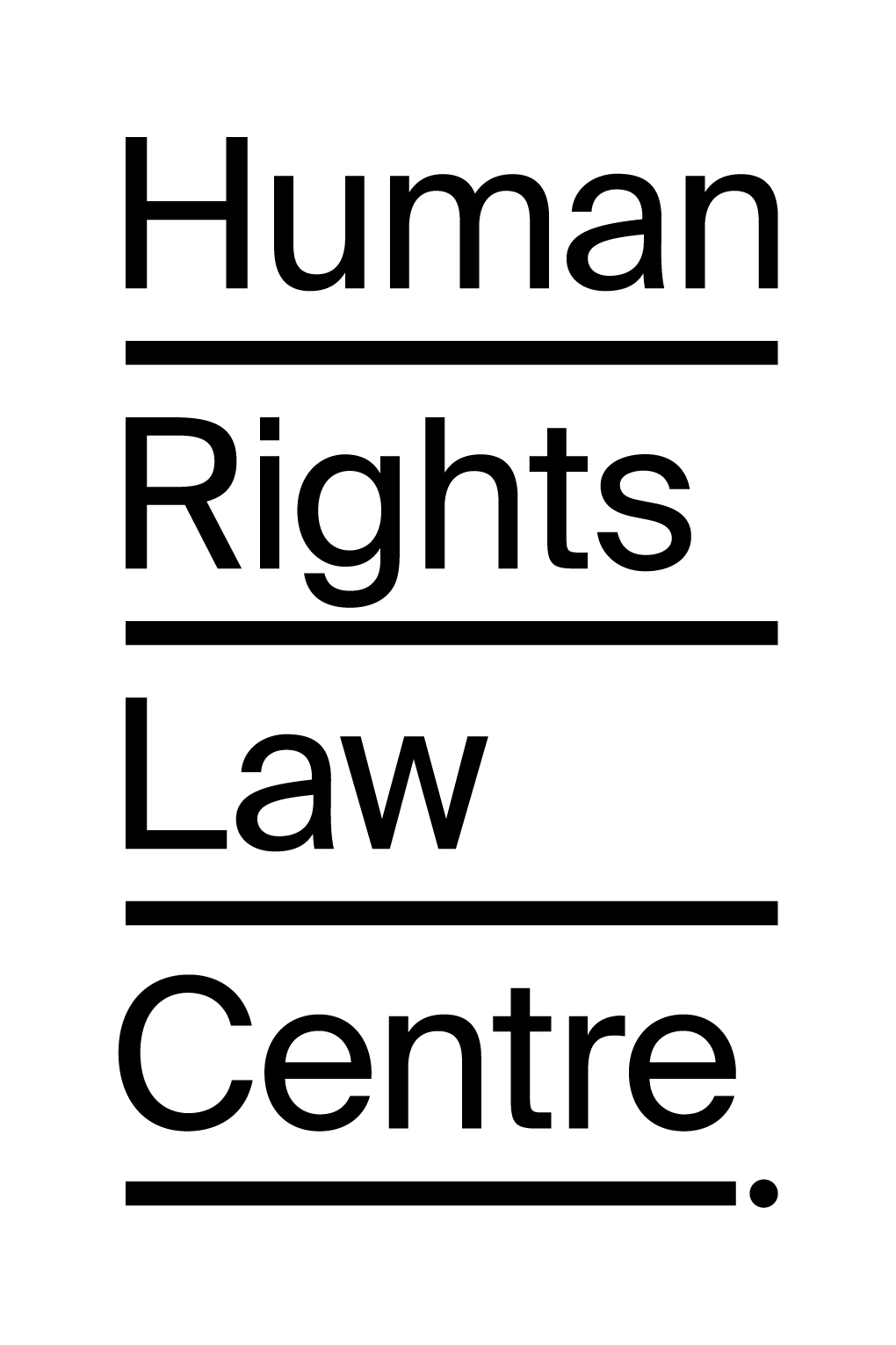Victoria’s bail laws are broken and need to be fixed
The bail reforms introduced in 2018, which were intended to target men who commit violent offences, have in practice impacted women experiencing poverty and Aboriginal and Torres Strait Islander women the most.
Recent data shows that 53 per cent of women in Victorian prisons have not been found guilty of what they’ve been arrested for. This is because reforms to Victoria’s bail laws made it much harder for a significant proportion of people charged with an offence to show why they should be released on bail. Before, the toughest legal test applied only to the most serious offences, such as murder. Now, repeat, low-level wrongdoing can be held to the same standard as the most violent and dangerous crimes.
This is resulting in more women being denied bail, not because they pose a risk to the community, but because they themselves are at risk – of family violence, homelessness, economic disadvantage and mental illness.
The Andrews government has an opportunity to end the over-imprisonment of women by:
Repealing the reverse-onus provisions in the bail laws;
Creating a presumption in favour of bail for all offences, with the onus on the prosecution to demonstrate that bail should not be granted due to there being a specific and immediate risk to the physical safety of another person or the person posing a demonstrable flight risk; and
Repealing the offences of committing an indictable offence while on bail, breaching bail conditions and failure to answer bail.
Nerita Waight, Chief Executive Officer at the Victorian Aboriginal Legal Service, said:
“The Andrews Government needs to urgently reform its failed bail laws, stop pouring money into policing and prisons, and invest instead in community-driven solutions and service providers, including Aboriginal Community Controlled Organisations such as VALS. It was reported over the weekend that Aboriginal women are imprisoned at 20 times the rate of non-Aboriginal women. That figure is a disgrace and utterly heartbreaking.”
“When you take into account the fact that many imprisoned women are mothers and also primary carers, it becomes evident that the Andrews Government’s bail laws are at odds with two of its commitment under the Closing The Gap Agreement – reducing the over incarceration of Aboriginal people and reducing the overrepresentation of Aboriginal children being removed from their families. It is indisputable that these laws, that increase remand rates, harm women, many of whom are victim-survivors of family violence. But they also impact on the principle of respect for family life, under the Convention on the Rights of the Child.”
Meena Singh, Legal Director at the Human Rights Law Centre, said:
“Victoria has some of Australia’s most onerous and dangerous bail laws, which regularly fail to uphold the most basic tenets of a fair and equal justice system. They are unfairly removing women from their families, and funnelling them into prisons to be warehoused on remand before they have been sentenced for a crime. The Andrews government must step up and fix Victoria’s broken bail laws to end the needless imprisonment of women.”
Megan Pearce, Managing Lawyer, Social Action and Public Interest Law at Fitzroy Legal Service, said:
“Victoria’s bail laws are not working. Everyday we see our clients remanded for low-level offending connected to the health issue of drug dependence, homelessness, poverty and failures in our family violence system. And because of the bail laws, many people - young people, Aboriginal and Torres Strait Islander people and women in particular - are spending time in custody for charges that don’t warrant a term of imprisonment. It is not fair. It is not making us safer.”
Media contact:
Evan Schuurman, Human Rights Law Centre, 0406 117 937.
Patrick Cook, Victorian Aboriginal Legal Service, 0417 003 910.



